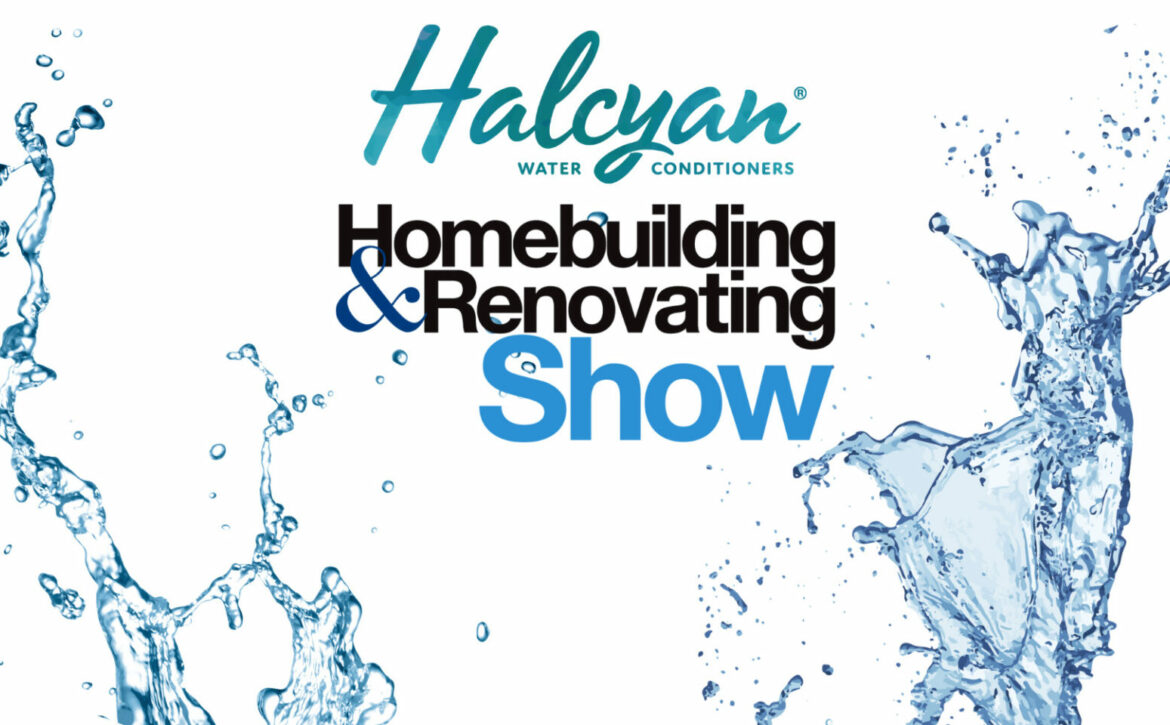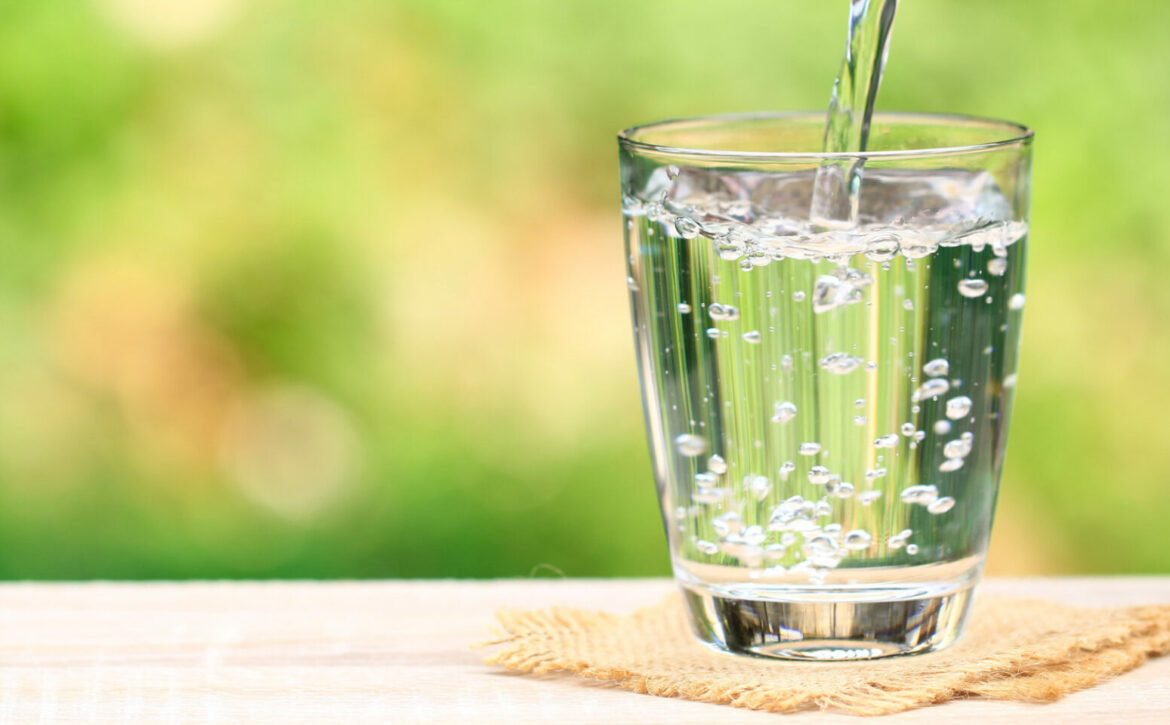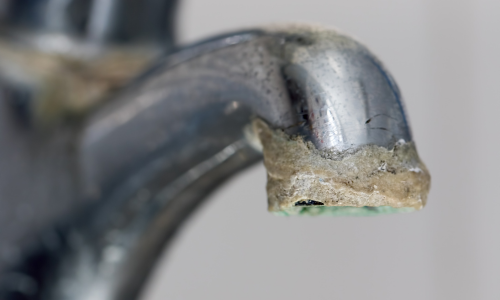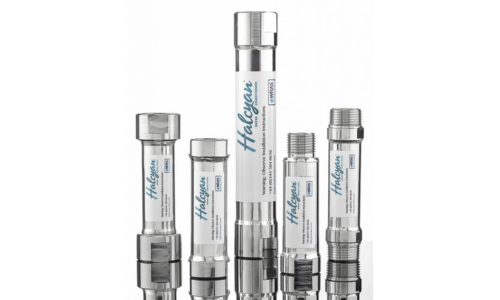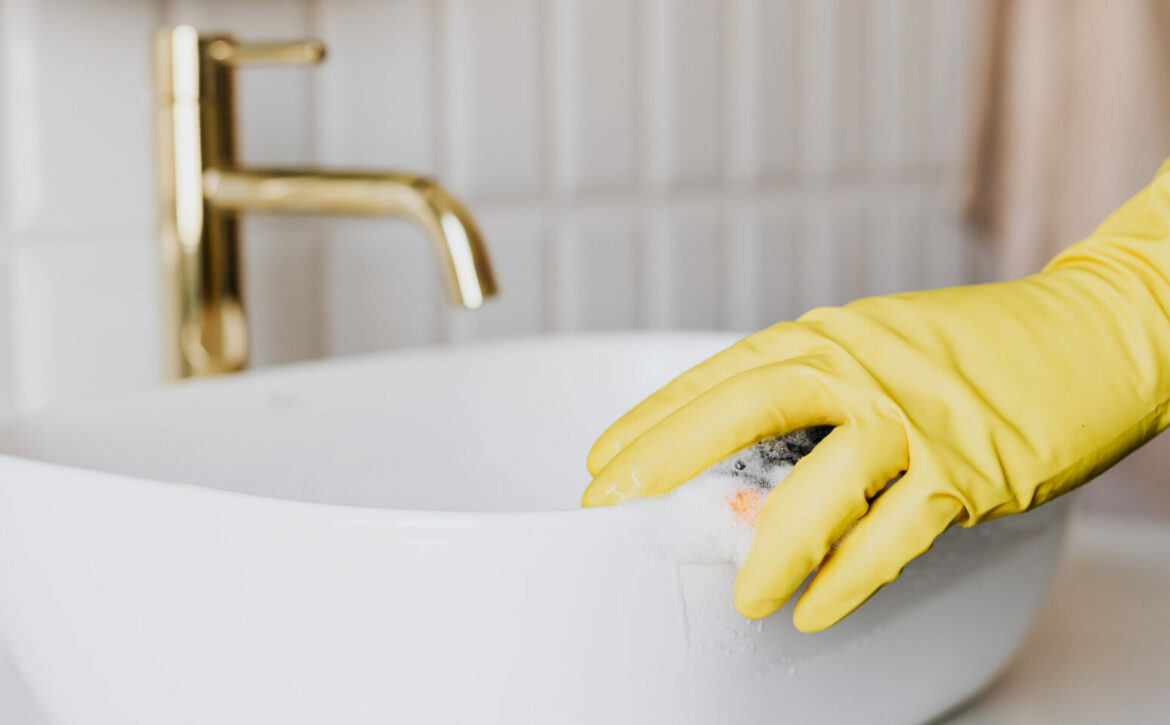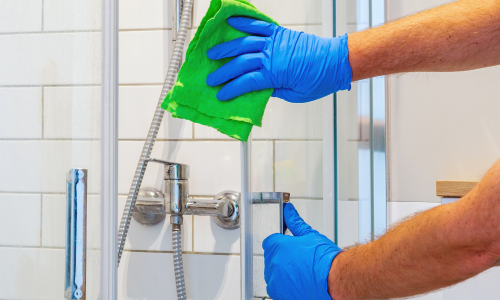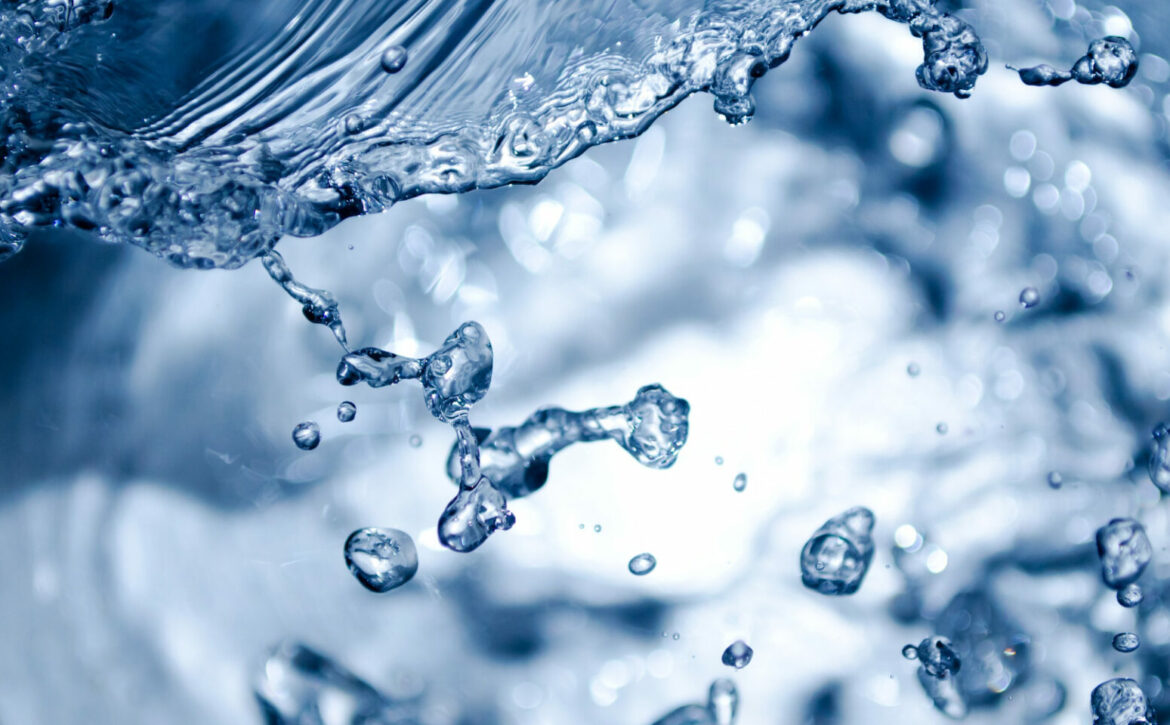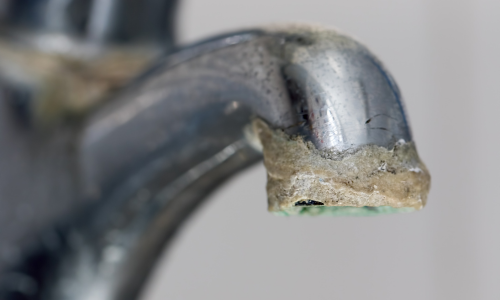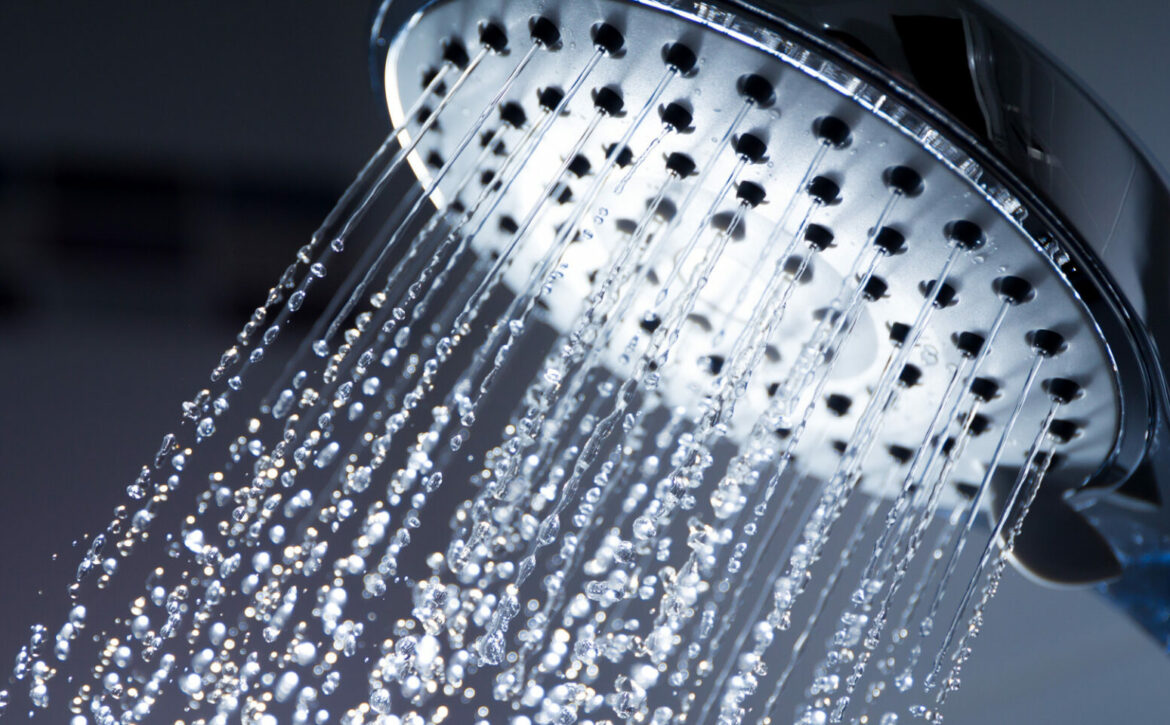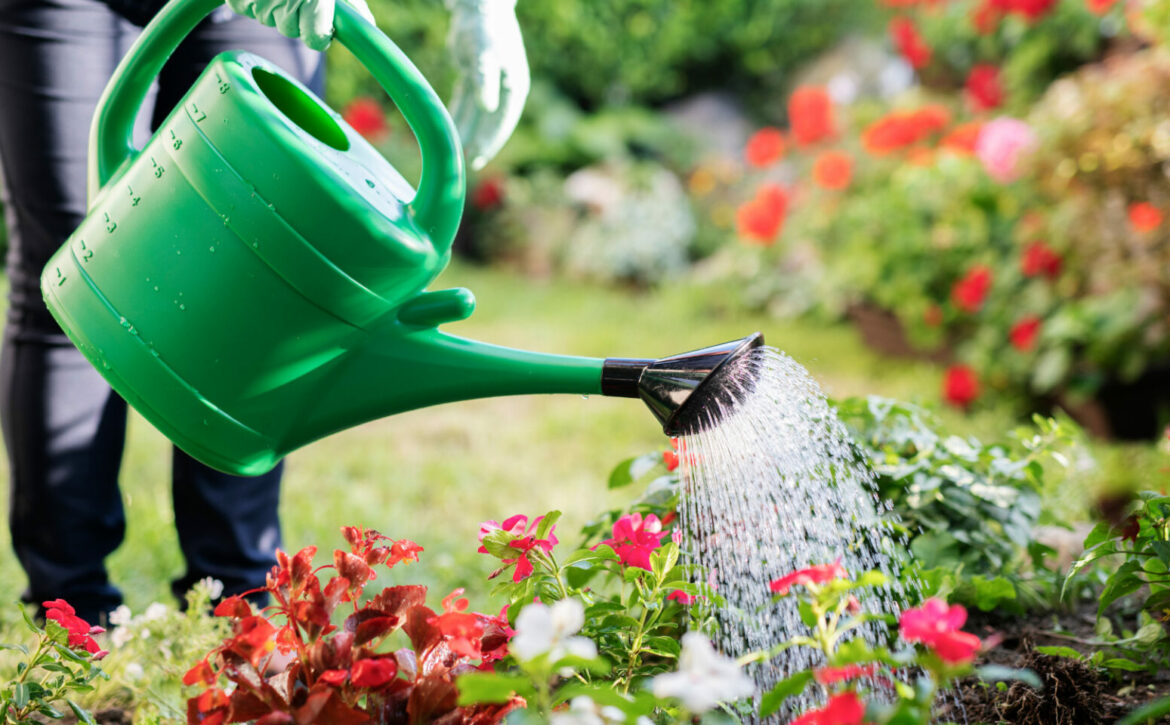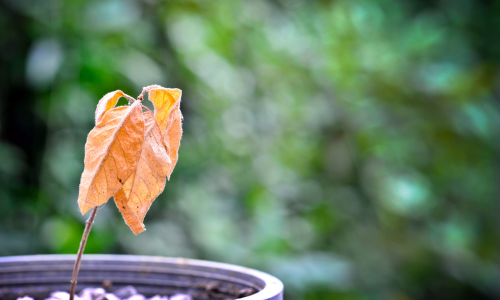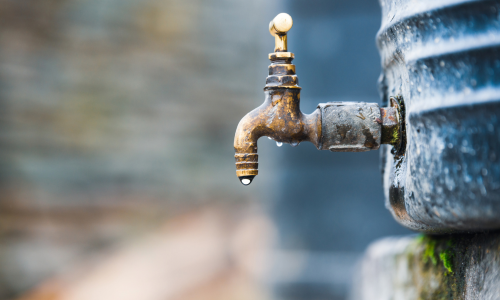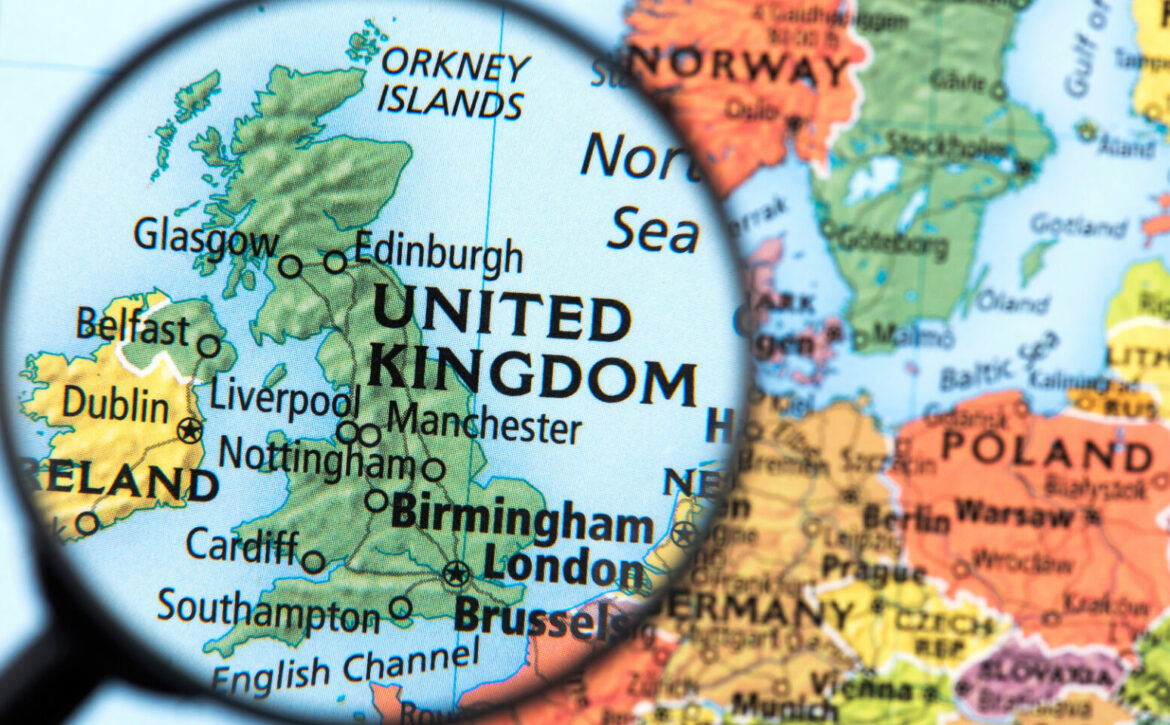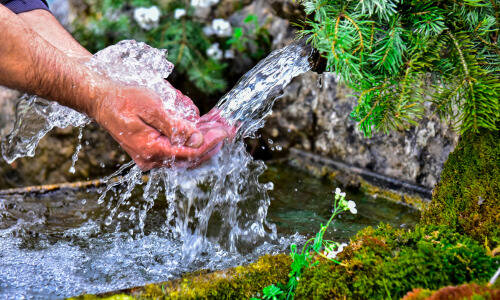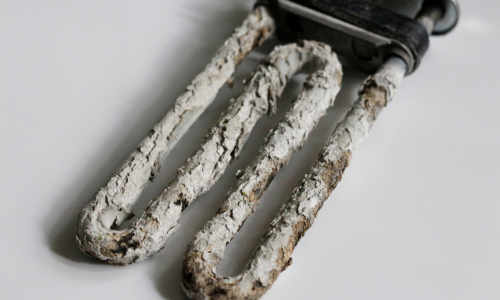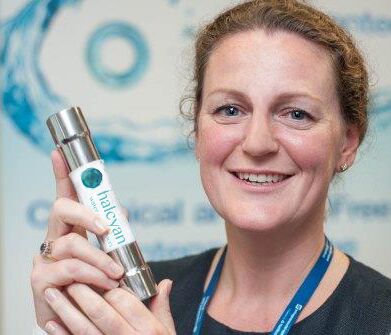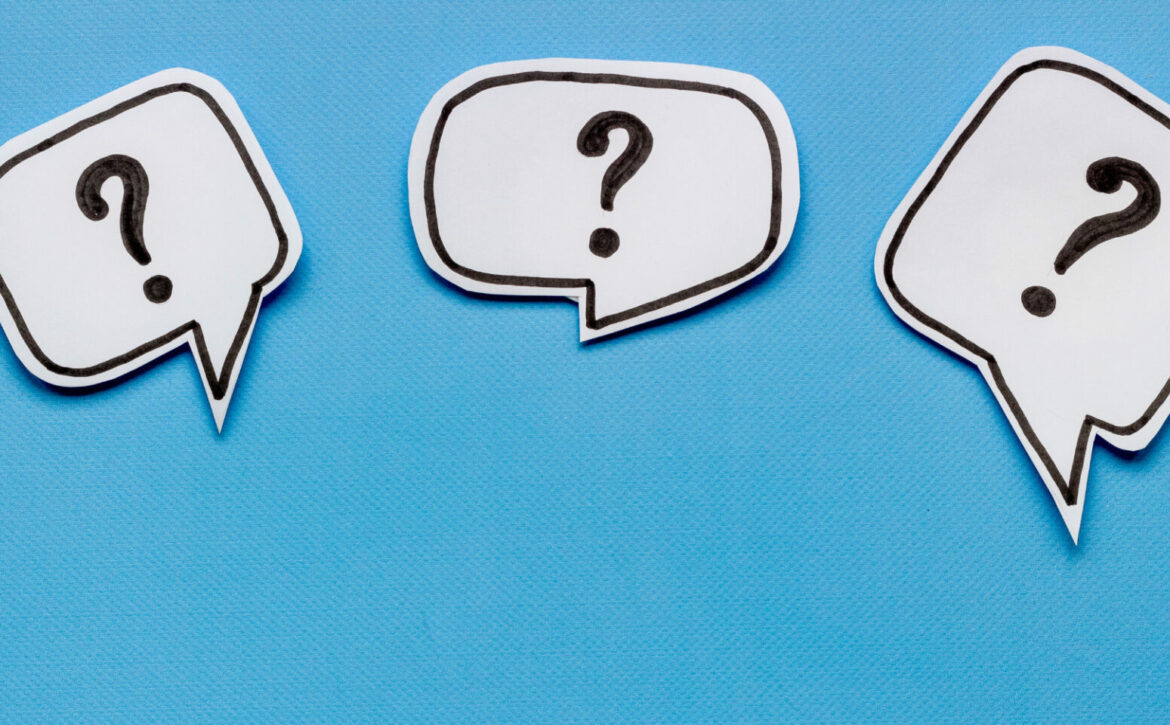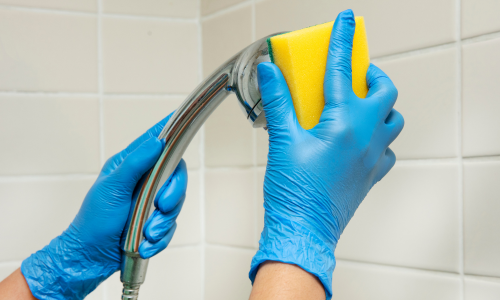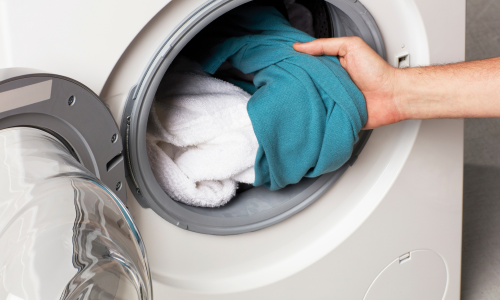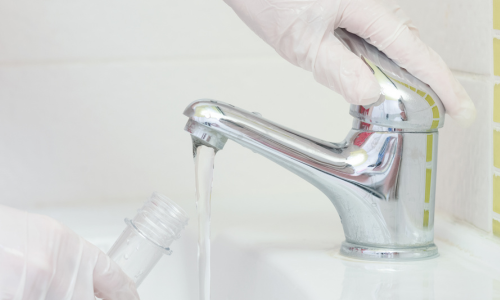Soft Water, Long Life: The Hidden Benefits for Appliances and the Planet
In the quest for a more sustainable and efficient home, we often overlook the impact of water quality on our appliances. A recent study by the Water Quality Research Foundation has uncovered a fascinating revelation: appliances using soft water enjoy a 30-50% longer lifespan. Not only that, but the efficiency gains extend further—these appliances don’t have to work as hard, resulting in a potential 27% reduction in energy use. In this blog we explore the advantages of soft water on household appliances and celebrate a zero-energy solution to hard water. Let’s delve into the details of this eco-friendly revelation.
The Soft Water Advantage: Prolonging Appliance Lifespan
Hard water, laden with minerals like calcium and magnesium, can wreak havoc on our appliances over time. The build-up of limescale not only diminishes efficiency but also shortens the lifespan of our valuable devices. The Water Quality Research Foundation’s findings highlight a simple yet powerful solution: soft water. Appliances that operate with soft water enjoy a significantly longer life, a victory for both homeowners and the environment.
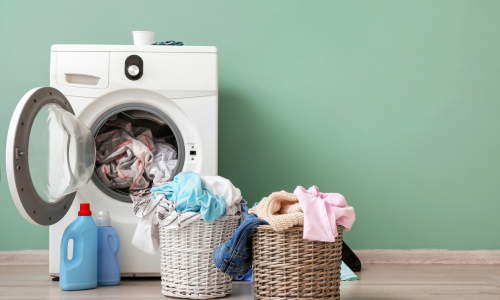
Efficiency Unleashed: The Energy-Saving Potential
Beyond the extended lifespan of appliances, the study reveals another compelling aspect of using soft water—efficiency gains that translate into energy savings. Appliances operating with soft water don’t have to exert as much effort to overcome the challenges posed by limescale build-up. This reduced workload can lead to a remarkable 27% reduction in energy consumption, contributing not only to lower utility bills but also to a smaller carbon footprint.
The Zero-Energy Solution: Halcyan Water Conditioner
Taking the green initiative a step further, our solution for prolonging the lifespan of household appliances is the Halcyan Water Conditioner. What sets this device apart is its ability to achieve soft water without consuming any energy. In a world where environmental consciousness is paramount, the zero-energy aspect of Halcyan Water Conditioners is a game-changer. Homeowners can now enjoy the benefits of soft water without contributing to additional energy consumption.
Making the Sustainable Choice:
- Long-Term Cost Savings: While the initial investment in a soft water solution may seem daunting, the long-term benefits in terms of extended appliance life and reduced energy bills make it a financially savvy choice.
- Environmental Impact: The collective impact of using soft water and energy-efficient appliances is a step towards a more sustainable future. It’s a small change at the individual level that can contribute to broader environmental conservation efforts.
- Zero-Energy Solutions: Embracing technologies like the Halcyan Water Conditioner not only addresses the limescale issue but does so without adding to our energy consumption. It’s a win-win for homeowners looking to go green without compromising on comfort.
Conclusion
As we strive to build homes that align with the principles of sustainability, the role of water quality in our daily lives cannot be overstated. The Water Quality Research Foundation’s study underscores the profound impact of soft water on both appliance longevity and energy efficiency. By opting for a soft water solution and embracing zero-energy technology like the Halcyan Water Conditioner, homeowners can make choices that benefit not only their wallets but also the health of the planet. It’s a small change that carries significant rewards for the environment and future generations.
If you’d like to find out more about the Halcyan Water Conditioner, you can explore our Knowledge Centre and find out how it works here. You can call our expert team on 0345 504 0656 for more information on how you, your home and your appliances can benefit from installing a Halcyan.
Why Choose Halcyan?
Halcyan Water Conditioners is a British company based in Bristol and our alloy-based solution to hard water is unique to the UK. Our Water Conditioner is an eco-friendly, people-friendly solution to hard water and promoting the lifespan of household appliances! With our 30 Year Warranty and our 12 Month Money Back Performance Guarantee, the Halcyan is the perfect zero-energy solution!
Learn More

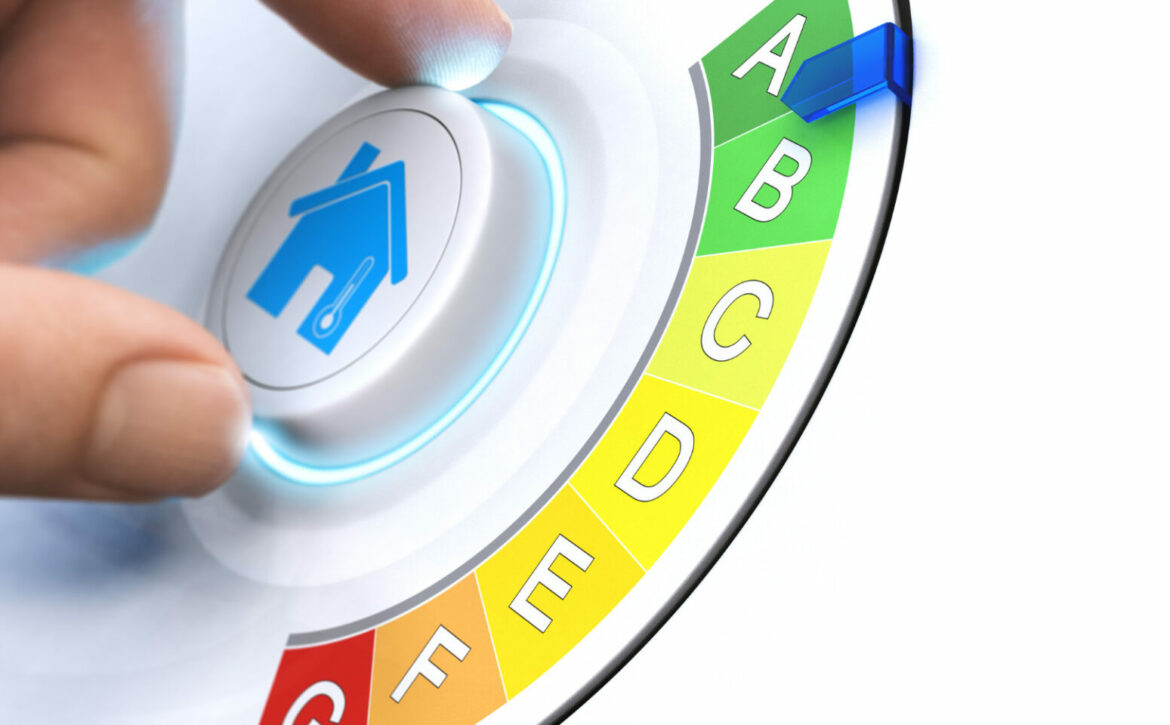
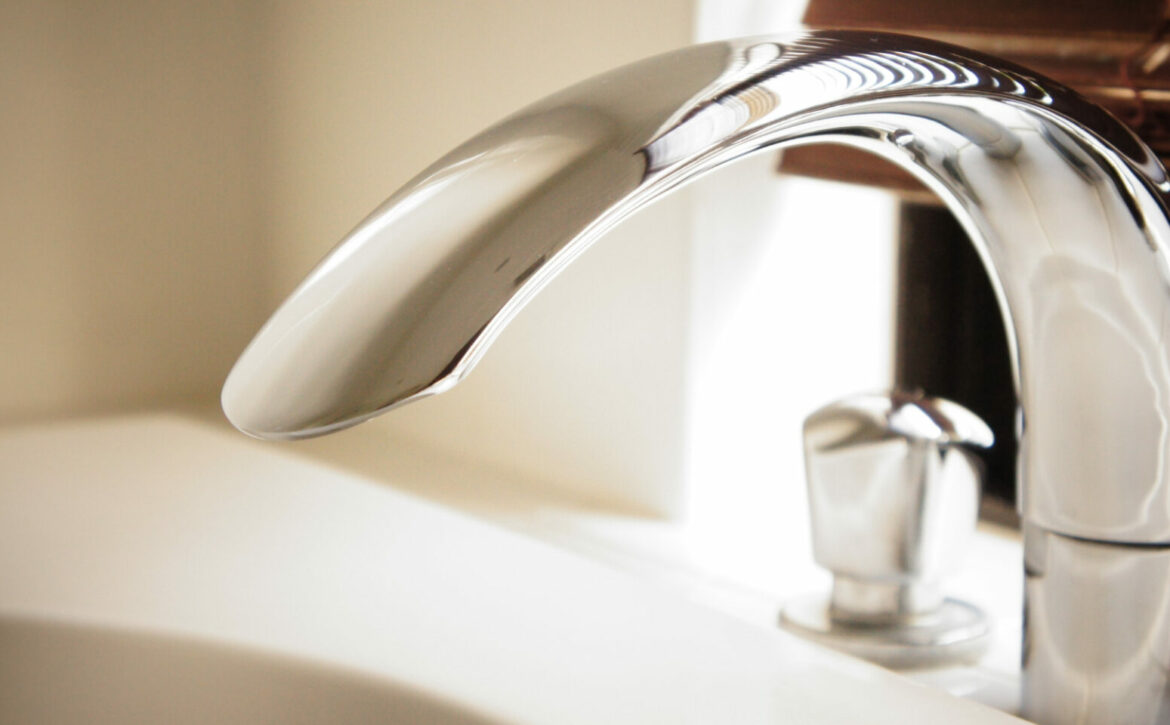
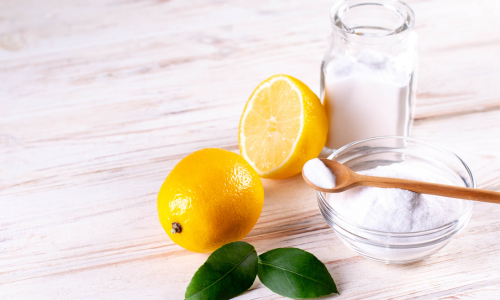
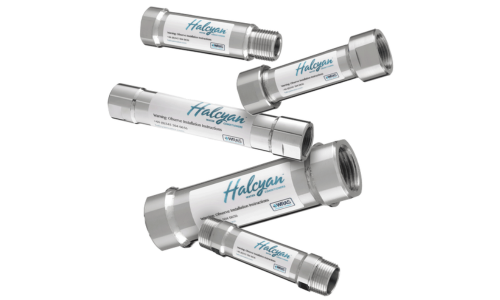 These altered ions are less prone to forming limescale deposits on surfaces, appliances, and plumbing fixtures. Instead of accumulating as solid deposits, they tend to remain in suspension in the water, reducing the risk of limescale build-up. The best news? The
These altered ions are less prone to forming limescale deposits on surfaces, appliances, and plumbing fixtures. Instead of accumulating as solid deposits, they tend to remain in suspension in the water, reducing the risk of limescale build-up. The best news? The 